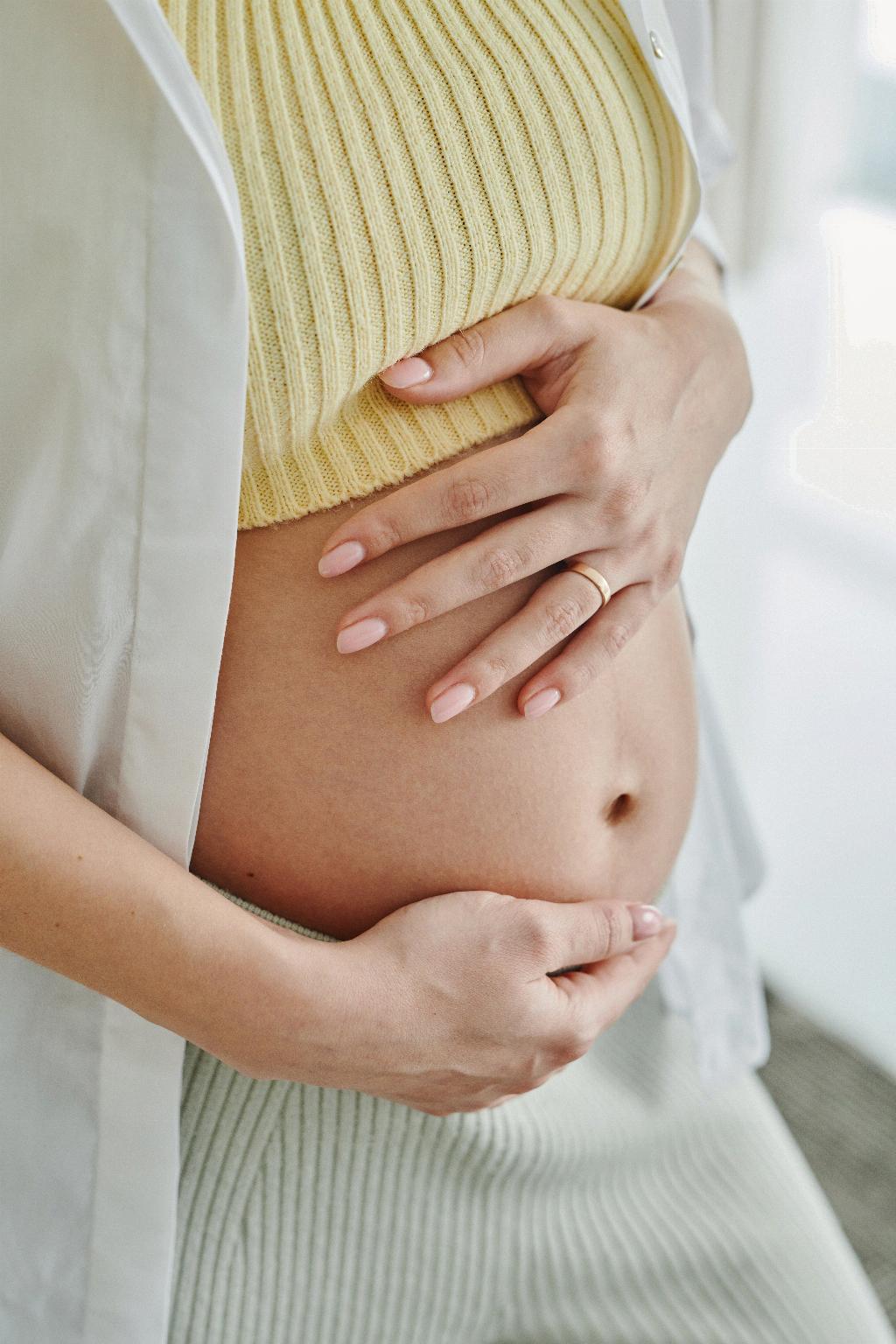When it comes to preventing pregnancy, the birth control method known as the coil, or intrauterine device (IUD), has become increasingly popular due to its effectiveness and convenience. There are different types of coils available, with two common variations being the copper-coated IUD and the progestin-coated IUD. Each type of IUD works in a slightly different way to prevent pregnancy.
The Role of the Copper-Coated IUD
The copper-coated IUD works by releasing copper ions that are toxic to sperm, preventing them from reaching and fertilizing an egg. In addition to this spermicidal effect, the copper IUD may also alter the lining of the uterus, making it less hospitable for a fertilized egg to implant. This dual action makes the copper IUD highly effective at preventing pregnancy.
The Mechanism of the Progestin-Coated IUD
On the other hand, the progestin-coated IUD releases a hormone called progestin, which thickens the cervical mucus, making it difficult for sperm to reach the egg. Additionally, the progestin thins the uterine lining, further reducing the chances of a fertilized egg implanting in the uterus. This combination of effects makes the progestin-coated IUD a reliable form of contraception.
Benefits of Using a Coil for Birth Control
One of the major advantages of using a coil for birth control is its long-lasting effectiveness. Once inserted by a healthcare provider, the coil can provide protection against unwanted pregnancy for several years, depending on the type and brand. This makes it a convenient option for individuals looking for a reliable form of contraception.
Effectiveness of the Coil in Preventing Pregnancy
Both the copper-coated and progestin-coated IUDs have been found to be over 99% effective in preventing pregnancy when used correctly. This high level of effectiveness rivals that of other popular forms of contraception, such as hormonal pills or condoms. The coil is considered a highly reliable method of birth control for individuals looking for long-term protection.
Potential Side Effects and Considerations
While the coil is generally safe and well-tolerated by most individuals, there are some potential side effects and considerations to be aware of. Some individuals may experience cramping, spotting, or changes in menstrual bleeding patterns after having an IUD inserted. It is important to discuss any concerns or side effects with a healthcare provider.
Consulting with a Healthcare Provider
Prior to getting a coil inserted, it is recommended to consult with a healthcare provider to discuss the options available and determine the best choice based on individual needs and preferences. A healthcare provider can provide detailed information about the different types of coils, their mechanisms of action, and any potential risks or benefits associated with their use.
Conclusion: The Coil as an Effective Birth Control Method
In conclusion, the coil, whether copper-coated or progestin-coated, is a highly effective method of preventing pregnancy. By altering the reproductive environment in the uterus, the coil helps to inhibit sperm movement and fertilization, as well as implantation of a fertilized egg. The coil offers a reliable, long-term contraception option for individuals seeking to avoid unintended pregnancy.

